
The Situation
Leaders at a software company that was founded and built through friendships and professional relationships were confounded by their inability to attract and retain talent from diverse backgrounds.
The CEO had a heart of gold, wicked smart mind and when faced with the prospect of increasing diversity in his organization responded with, “I do not intend to lower the bar. I will hire the most qualified person for the job.”
the Background
Science, technology, engineering and math (STEM) fields have historically had issues with racial and gender diversity. The history of the disparities can be traced to legislation that also excluded people based on race and gender. This history is largely unknown; therefore, tech industries that are mostly white and male people begin to think that the reasons are biological rather than socio-political.
Those thoughts (conscious or unconscious) can make it harder to view underrepresented groups as contributing members of STEM fields.
The Assessment
The stakes are high. Homogeneous teams can produce good results. However, we have no idea what is at stake to gain in terms of exceptional results. Could we be more inclusive of more people, more often? Could we create products and services that avoid subtle acts of exclusion? Can having exposure to a wider array of lived experiences sharpen our knowledge as we attempt to use technology to address societal issues? Is it even possible that tech organizations can go from good to great by having greater levels of diversity? At Lively Paradox, we believe the answer to these questions is yes!
Recommendation
— High Performance Workshops
Start with the mission of the organization because it is quite inclusive. From there, engage in a high performance workshop designed to help the organization collect and make progress on the data they possess. As a parallel path, Lively Paradox conducted the diversity, equity and inclusion series of workshops.
— Diversity, Equity & Inclusion Training Sessions
Teach the uncommon ways that exclusion shows up and help people who are in marginalized groups experience that exclusion. The sessions, with progress in terms of required intellectual horsepower and emotional intelligence.
Participants will learn how to give and receive feedback, acknowledge social power structures, use positional power for good, understand their conflict reaction style and how that impacts the way one would approach vital conversations, listen empathetically, and ultimately create a participant’s own personal educational racial equity plan.
We also conducted focus groups to assist the organization in creating affinity groups within the organization. The organization finished the series with the racial equity session where the participants were able to experientially land in a place of empathy.

The Outcome
“I’m a middle aged, straight, able-bodied, white male, so I have lived my whole life on the benefiting side of every inequity. I can’t imagine the courage that it takes to stand up and not only tell people about racism to people like me, but also to directly confront our deeply held beliefs. I am impressed and humbled.”
“I am currently in the final session of a diversity training that you are leading at my work. I have to say that I was extremely angry and defensive initially and hiding behind all of the excuses that Robin DiAngelo discusses in her White Fragility book. This course has slowly broken through a lot of that fragility and defensiveness in me. I have a long way to go, but I think you’ve helped to put me on a far more conscionable path.
I’m a middle aged, straight, able-bodied, white male, so I have lived my whole life on the benefiting side of every inequity. I can’t imagine the courage that it takes to stand up and not only tell people about racism to people like me, but also to directly confront our deeply held beliefs. I am impressed and humbled.
I, for one, thank you. You’ve gotten through a deep layer of denial in me and while I’m still extremely uncomfortable with it, I am also deeply grateful. Thank you and please continue your good works. I will strive to emulate your courage.”
— Participant Feedback


